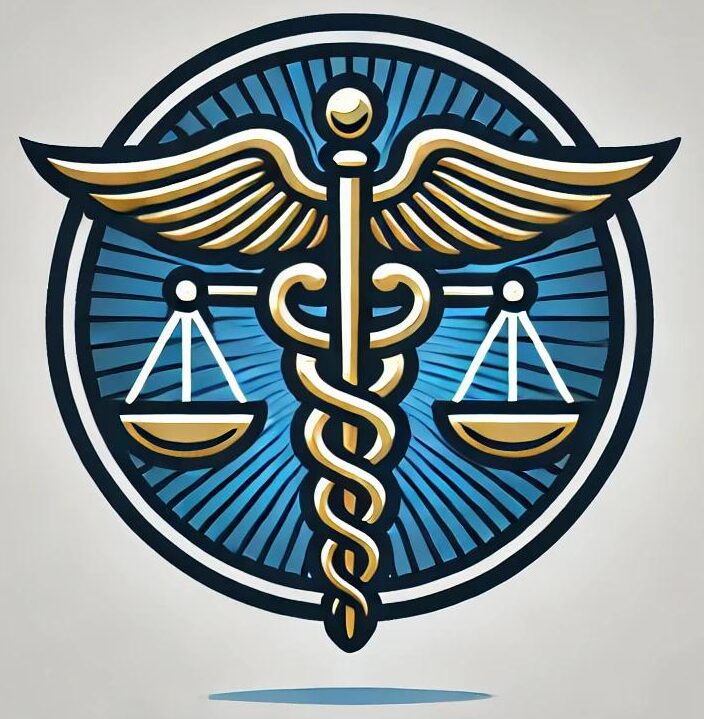Medical malpractice cases are among the most challenging and emotionally charged disputes in the legal field. These cases typically involve allegations of medical negligence that have resulted in significant harm to a patient, often leading to prolonged litigation, substantial costs, and emotional strain for all parties involved. Mediation offers an alternative route to resolution, focusing on collaboration and understanding rather than adversarial confrontation. Here’s how mediating the settlement of a medical malpractice case can be effectively approached.
Understanding Medical Malpractice Mediation
Mediation is a voluntary and confidential process in which a neutral third party, the mediator, assists the disputing parties in reaching a mutually satisfactory settlement. Unlike a judge or jury, the mediator does not make decisions but facilitates communication and negotiation, helping parties explore their underlying interests and find common ground.
Key Advantages of Mediation in Medical Malpractice Cases
- Confidentiality: Mediation is a private process. The discussions and disclosures made during mediation cannot be used in court if the case doesn’t settle. This confidentiality encourages open communication and honest dialogue.
- Control and Flexibility: Parties retain control over the outcome. They can craft creative solutions tailored to their specific needs and circumstances, rather than being bound by legal precedents or the rigid framework of the court system.
- Cost and Time Efficiency: Litigation can be lengthy and expensive, often taking years before a resolution is reached. Mediation can significantly reduce both the time and costs associated with resolving a medical malpractice dispute.
- Emotional Relief: Mediation can provide a more humane and less adversarial process, offering a platform for parties to express their feelings and concerns, which can be particularly important in emotionally charged cases.
The Mediation Process in Medical Malpractice Cases
- Preparation: Both parties need to prepare thoroughly for mediation. This involves gathering all relevant medical records, expert reports, and other pertinent documents. Attorneys play a crucial role in helping their clients understand the strengths and weaknesses of their case and setting realistic expectations.
- Selection of the Mediator: Choosing the right mediator is critical. An effective mediator in medical malpractice cases should have a deep understanding of medical issues, legal principles, and the emotional dynamics at play.
- Opening Session: The mediation usually begins with a joint session where all parties and their attorneys meet with the mediator. The mediator explains the process, establishes ground rules, and invites each party to make an opening statement.
- Private Caucuses: After the joint session, the mediator often holds private caucuses with each party. These confidential meetings allow the mediator to understand each party’s interests, concerns, and settlement preferences. It’s an opportunity for candid discussion without the pressure of the opposing party’s presence.
- Negotiation and Problem-Solving: The mediator facilitates negotiation by helping parties identify common interests, exploring potential solutions, and narrowing down settlement options. This stage requires patience, creativity, and a willingness to compromise from all sides.
- Settlement Agreement: If a settlement is reached, the terms are documented in a written agreement. This agreement is binding and enforceable, providing a clear resolution to the dispute. If mediation does not result in a settlement, parties retain the option to proceed with litigation.
Overcoming Challenges in Medical Malpractice Mediation
- Emotional Barriers: Medical malpractice cases often involve strong emotions. Patients and their families may feel anger, betrayal, or grief, while healthcare providers may feel defensive or anxious about their professional reputation. A skilled mediator can help manage these emotions, ensuring they don’t derail the process.
- Complex Medical Issues: These cases often involve complex medical and technical issues that can be difficult to understand. Mediators must be adept at breaking down these complexities and facilitating discussions that are accessible to all parties.
- Power Imbalances: There can be significant power imbalances, particularly when patients face large hospital systems or insurance companies. Mediators must ensure that the process remains fair and that all voices are heard.
Conclusion
Mediation in medical malpractice cases offers a valuable alternative to traditional litigation. It provides a confidential, controlled, and collaborative environment where parties can work towards a mutually beneficial resolution. By focusing on communication, understanding, and creative problem-solving, mediation can lead to outcomes that are not only legally sound but also emotionally satisfying. For those embroiled in the often turbulent waters of medical malpractice disputes, mediation offers a beacon of hope for a more humane and efficient resolution.
